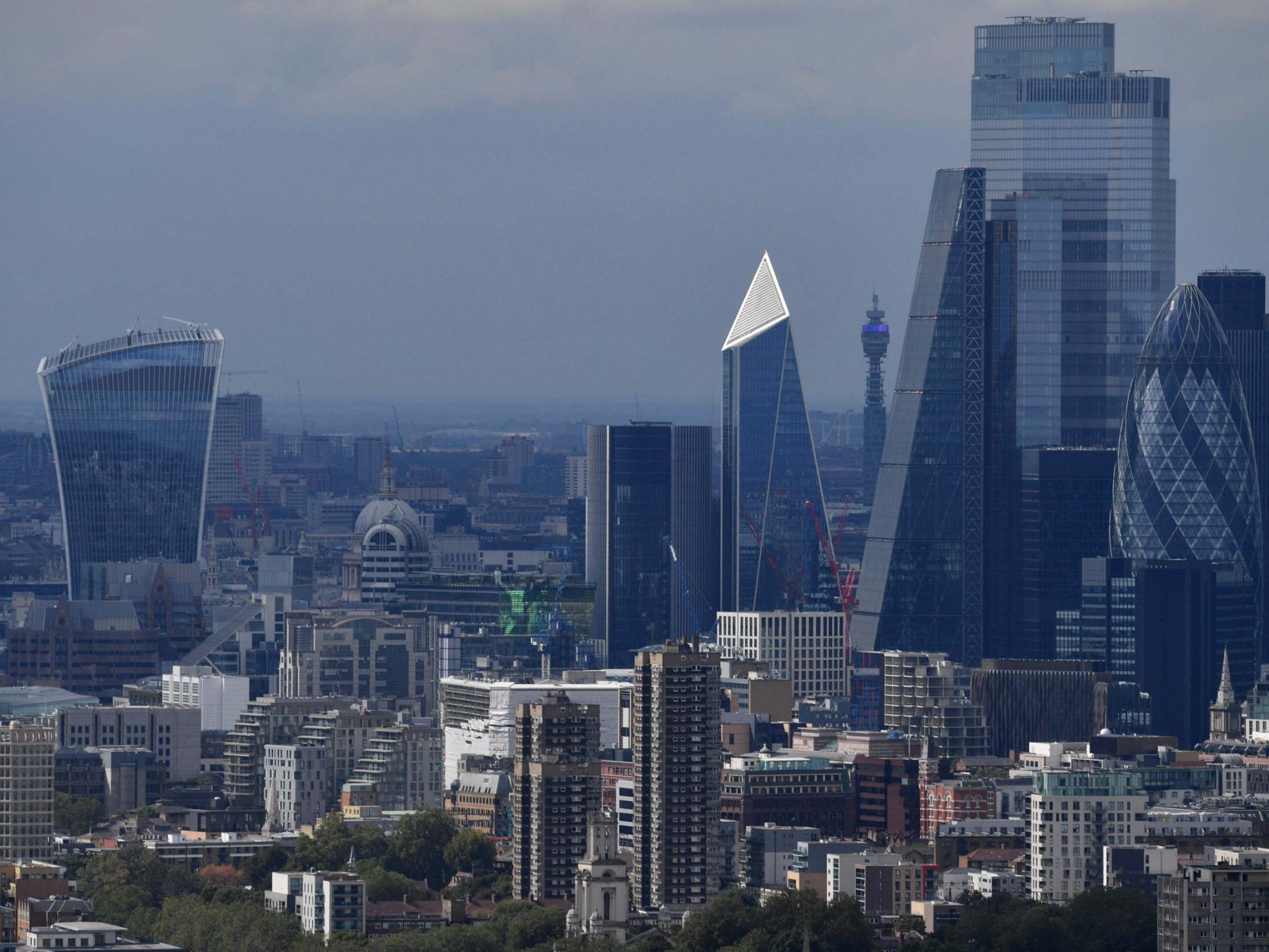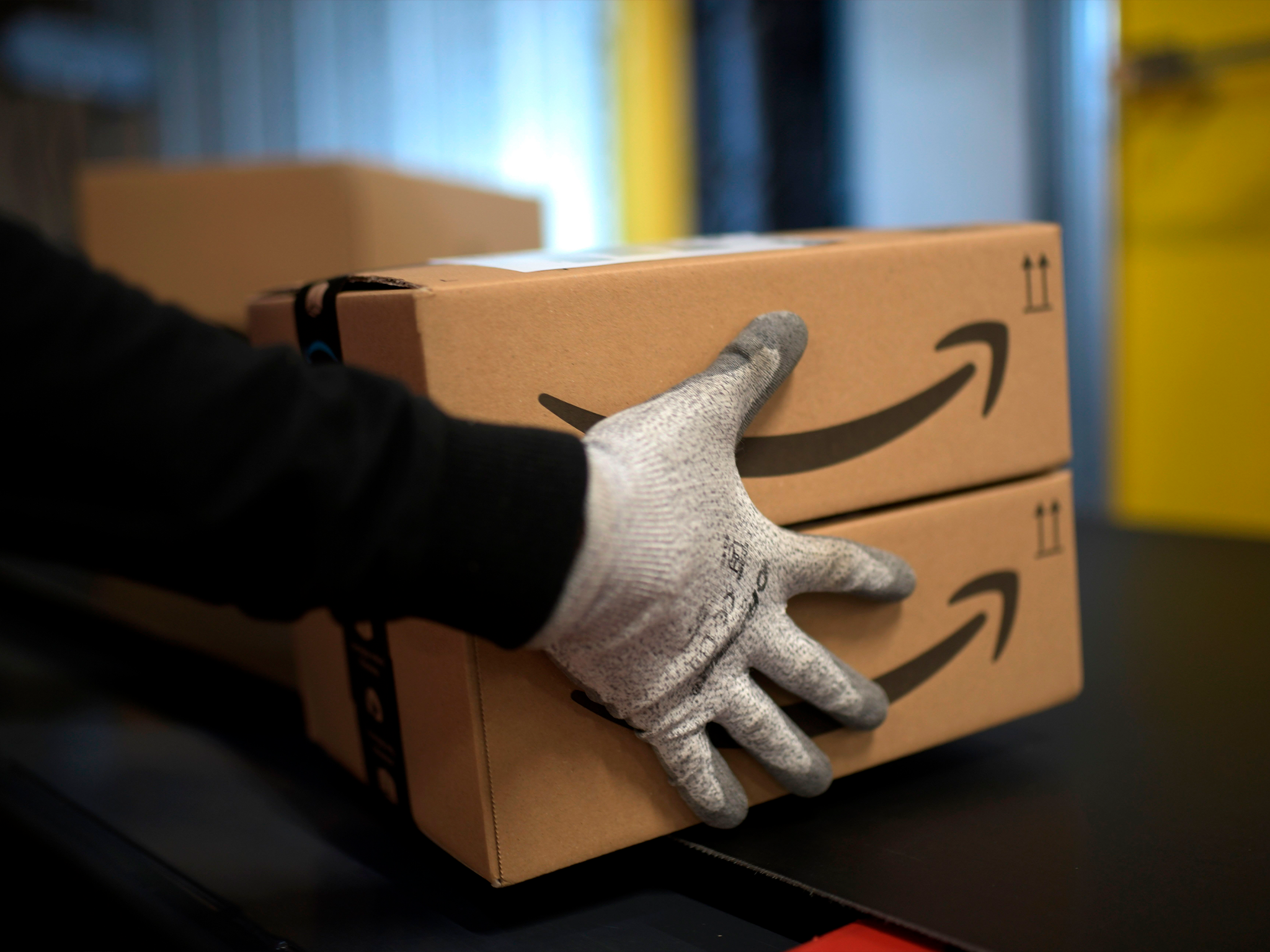Who would be hit by the new tax rises being explored by the chancellor?
Analysis: Briefings to newspapers suggest that the ‘better off’ would be affected by the specific tax increases the Treasury is considering. But is that true? Ben Chu investigates


It’s time to be “honest” with the public about the tax rises that will need to come in the wake of this economic crisis, according to the chancellor of the exchequer.
The fact that Rishi Sunak was relaying this message in private to Conservative MPs rather than the public rather undermined the moral force of the argument.
It’s also far from clear that this is an appropriate time to be bringing up the topic of tax rises. The economy remains below its pre-crisis level as it struggles out of the biggest slump in modern history. This is a time for fiscal stimulus, not fiscal consolidation.
The commonly voiced idea that the crisis has created a new black hole in the government’s budget is also questionable. The size of any structural deficit in the wake of this crisis will depend on the strength of the recovery.
It makes little sense – and could well be harmful – to be planning tax rises at a time when the economy is still extremely weak.
“Fiscal consolidation coming out of a recession where interest rates are at the lower bound [ie close to zero] risks turning what should be a temporary downturn into a permanent fall in output,” says the Oxford economist Simon Wren-Lewis.
Nevertheless, most public finance experts do agree that there is long-term pressure on the public finances from an ageing society and the rising health costs that brings. And Paul Johnson of the Institute for Fiscal Studies (IFS) argues there is a case for the chancellor to signal that he is taking fiscal sustainability seriously in the “medium run” even if he doesn’t raise taxes imminently.
Anonymous briefings to newspapers at the weekend suggested that the “better off” would be hit by the specific tax increases the Treasury is considering and that they would “soak the rich”. But is that true?
Are such briefings an “honest” account, to use the chancellor’s words, of their impact?
Capital gains
The briefings suggest the Treasury is looking at raising the tax on capital gains.
Capital gains are the profits someone realises from disposing of an asset – company shares or buildings etc – for more than it was worth when they acquired it. People’s main homes have always been excluded.
Capital gains tax currently raises around £10bn a year
The tax rate someone pays on capital gains is generally considerably lower than the equivalent rate they would pay if they received those gains as regular income.
Equalising the two, which is being mooted, would prove to be a progressive tax change, meaning wealthier people would pay more than others.
The taxable and realised gains of individuals totalled £55bn in 2017-18, the latest year for which full HMRC data is available and research shows that 62 per cent of the total went to just 9,000 people who each realised over £1m in gains.
Equalising the tax rate on capital gains and income tax was proposed by Jeremy Corbyn’s Labour Party in the 2019 election and opposed by the Conservatives.
Corporation tax
The chancellor is also apparently considering increasing corporation tax from 19 per cent to 24 per cent.
The question of who ultimately bears the burden of this £58bn-a-year levy – the “incidence” question – is much debated by economists.

Some think that it falls mainly on company shareholders, who often tend to be wealthier. Others believe it tends to fall more heavily on workers in the form of lower wages or employment.
There is no definitive answer. It’s notable, though, that this is another tax rise that Labour proposed in the 2019 election and was opposed by the Tories.
Pensions relief
Treasury officials, we are told, are also looking at plans to raise taxes by reducing pensions tax relief for higher earners.
At the moment people receive tax relief on their pension contributions based on their marginal income tax rate. This means basic rate taxpayers get 20 per cent relief and higher rate taxpayers get 40 per cent etc.
The total cost to the exchequer of this relief adds up to around £35bn a year.

If the relief of higher earners were to be reduced from the higher rate to the basic rate this would probably be a progressive tax change as most of that £35bn a year benefit flows to higher earners because they save more in absolute terms into pension schemes.
Yet it would complicate the pension tax system and also arguably be unfair given this is actually tax deferred rather than relieved since people must still pay tax on their income drawn from their pension savings when they retire.
The IFS has pointed out there are much better ways for ministers to raise more money from the pensions of the well-off, such as removing the national insurance exemption on employers’ contributions to a worker’s pension and ending the allowance for anyone to take a quarter of their entire pension pot tax-free on reaching the age of 55.
Raising fuel duty
One report suggested the Treasury is considering a 5p rise in fuel duty, which currently raises around £28bn a year. Reducing fuel duty is a totemic campaign issue for tabloid newspapers who claim that the levy hits less well-off drivers much more.
Yet the IFS argues that fuel duties are not regressive as is often claimed, calculating they take about the same fraction of the budget of low, middle and high-income households on average.

For households with a car, fuel duties take more of the budget of low-income drivers. Yet, of course, not all people on low incomes drive.
Almost half of households in the lowest fifth of earners have no access to a car whereas those in the wealthiest fifth only a seventh are without a car.
Inheritance tax
Reports suggest that the Treasury is considering how to “simplify” inheritance tax.
Inheritance tax, which raises around £5bn a year, is nominally imposed on assets transferred between generations.
But there are a host of loopholes and these are thoroughly exploited, but especially by the very rich, who have more assets to hand down.
Any closure of these loopholes would likely be highly progressive in its impact.
The Resolution Foundation notes that inheritance tax receipts are forecast to grow much more slowly than the flow of inheritances over the coming years.
Online sales tax
Hints persist that the chancellor is considering a special online sales tax.
Whether this would be progressive or not depends, as with corporation tax, on its ultimate incidence.

While this is often presented as a way of helping independent shops faced with competition from Amazon, it’s also worth noting that many small retailers have sought to diversify during the lockdown by selling digitally.
What’s not mentioned…
Nothing has been briefed out about possible increases in income tax, national insurance, or VAT.
This is odd because these levies currently raise around 60 per cent of all tax taken by the exchequer.
But the Conservatives pledged not to raise any of these levies in the last election.
Most public finance experts regard this as folly because to put our public finances on a sustainable footing in the long term will almost certainly require broad-based taxes like these to go up.
This is a clear case, they say, of politicians not being honest with the public about taxation.
Join our commenting forum
Join thought-provoking conversations, follow other Independent readers and see their replies
Comments